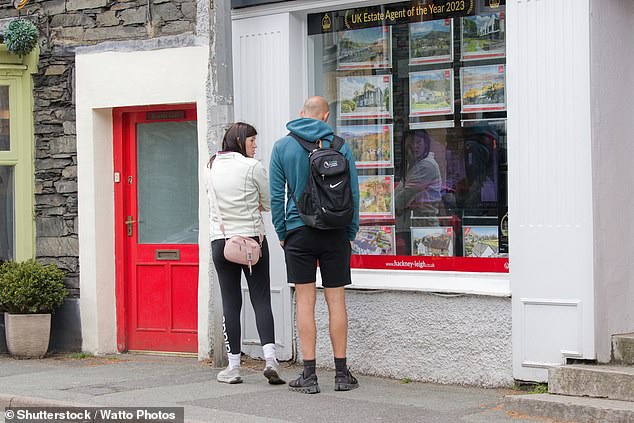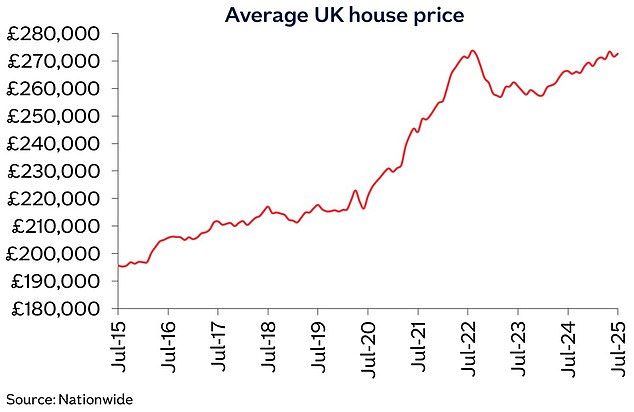Fears are growing that a downturn in the prime London property market may spread across the country as a recent rise in stamp duty forces sellers to lower their asking prices.
Evidence suggests the ultra-rich are renting rather than buying mansions in the capital to avoid the hated tax.
Stamp duty is paid by buyers when they buy a property and in April two key thresholds were changed – meaning most homebuyers now pay it.
Property portal Zoopla found that 83 per cent of buyers would pay stamp duty if they bought a home today, compared to 49 per cent before April.
This has led more buyers to negotiate a price cut to compensate for the extra tax.
Some 951,000 now pay the levy. That is still below a recent peak of 1.2million but the figure is set to rise sharply as more people are dragged into the tax net. More than a third – or £4.5billion – of the money raised by stamp duty comes from property deals in the capital.
In London, where property prices are higher than the rest of the country, it now costs home movers up to £2,500 more than before April if they buy an average house costing £532,449.
But the impact of the rise is most keenly felt in central London locations where prices are being slashed by up to 30 per cent to attract foreign buyers.

Fears are growing that a downturn in the prime London property market may spread across the country (Stock image)

Price matters: A chart showing average property prices across Britain since July 2015
The stamp duty charge on a £20million mansion in Belgravia or Mayfair is £2.3million for a UK purchaser. For a person not resident in the UK, acquiring a second home in the city, the bill is about £3.7million. This used to be seen as the price of admission to the London lifestyle.
But now even the mega-rich are baulking at the bill. Property experts say the international set are now preferring to rent not buy in London.
‘The annual rent on a £20million pad would be about £570,000,’ said Neil Hudson of the Built Place consultancy. ‘On that basis, if you were a UK purchaser, you could rent for four years for what you would have to pay in stamp duty alone.’
There are concerns the downbeat mood in central London could spread nationwide.
‘At the height of the boom in 2015, London’s properties became overpriced and have been largely moving sideways ever since,’ said Richard Donnell, head of research at Zoopla.
‘This is bad news for the whole market since London has been the engine of house price growth, with the effects rippling out to other regions.’












